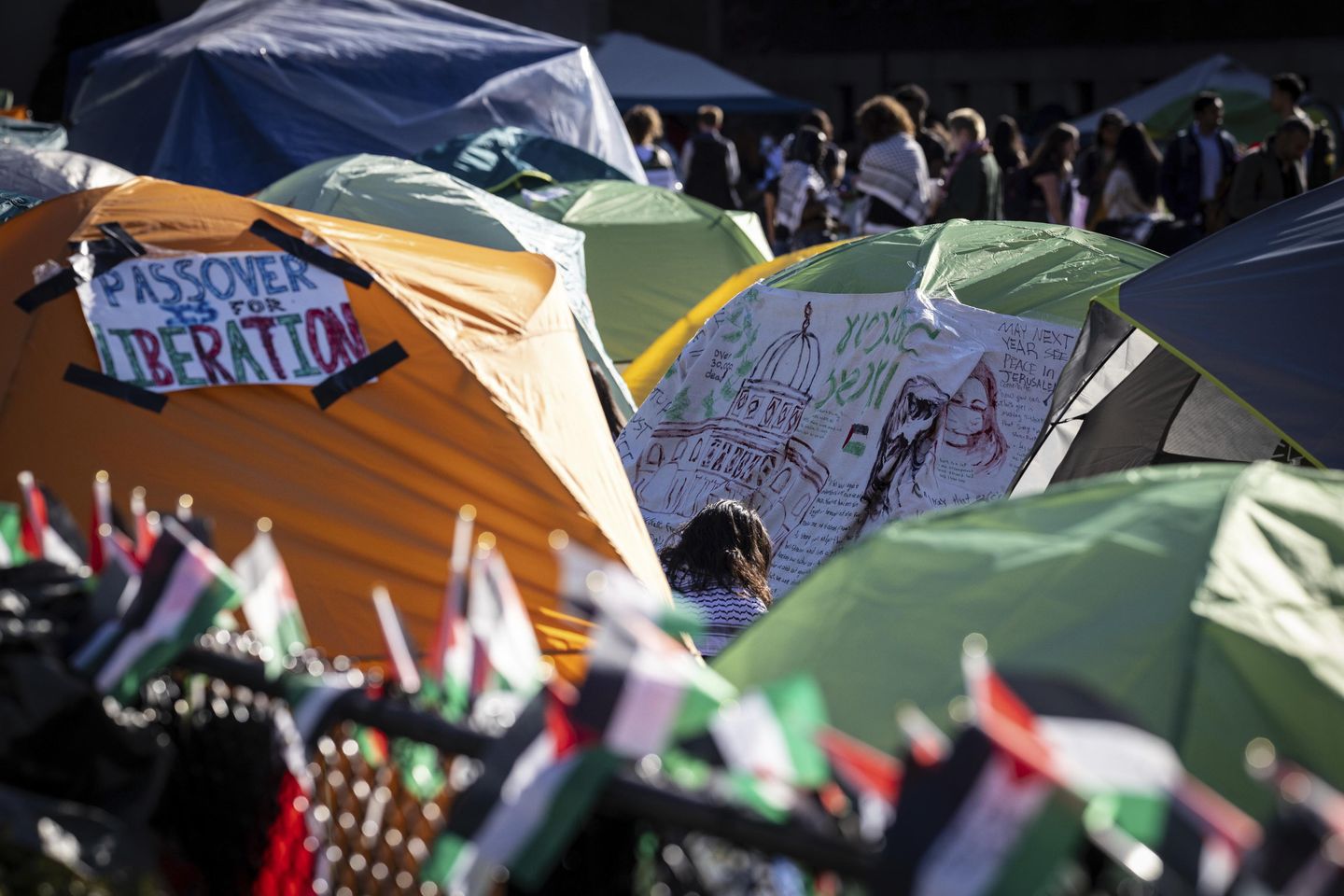House Speaker Mike Johnson has publicly called for Columbia University President Minouche Shafik to resign due to her handling of an anti-Israel protest on campus. Johnson criticized school officials for allowing what he referred to as “lawless agitators and radicals” to take over the campus during the protest. The protest, which took place at the end of April, saw tensions rise between pro-Israel and pro-Palestinian groups on campus.
Johnson’s call for Shafik’s resignation comes after the university faced backlash for its response to the protest, with some accusing school officials of not doing enough to prevent the situation from escalating. The protest reportedly turned violent, with clashes breaking out between the two groups. Johnson’s criticism of Shafik and the university’s handling of the situation highlights the ongoing debate over free speech and political activism on college campuses.
In his statement, Johnson expressed concern over the safety of students on campus and condemned the actions of those involved in the protest. He stated that allowing “lawless agitators and radicals” to take control of the campus was unacceptable and called for accountability from school officials. Johnson’s strong words reflect a growing trend of politicians getting involved in campus politics and advocating for stricter measures to maintain order and protect students.
The anti-Israel protest at Columbia University is just one example of the tensions surrounding the Israeli-Palestinian conflict spilling over onto college campuses. This particular incident highlights the challenges that universities face in balancing free speech rights with maintaining a safe and inclusive environment for all students. Johnson’s call for Shafik to resign underscores the importance of holding university leaders accountable for their response to politically charged events on campus.
As the debate over free speech and political activism continues to unfold on college campuses across the country, it is clear that there are no easy answers when it comes to addressing these complex issues. Johnson’s public criticism of Shafik and Columbia University’s handling of the anti-Israel protest serves as a reminder of the need for open dialogue and constructive solutions to ensure that all students feel safe and respected on campus. Ultimately, the outcome of this situation will likely have broader implications for how universities navigate political tensions and protect the rights of all students.









